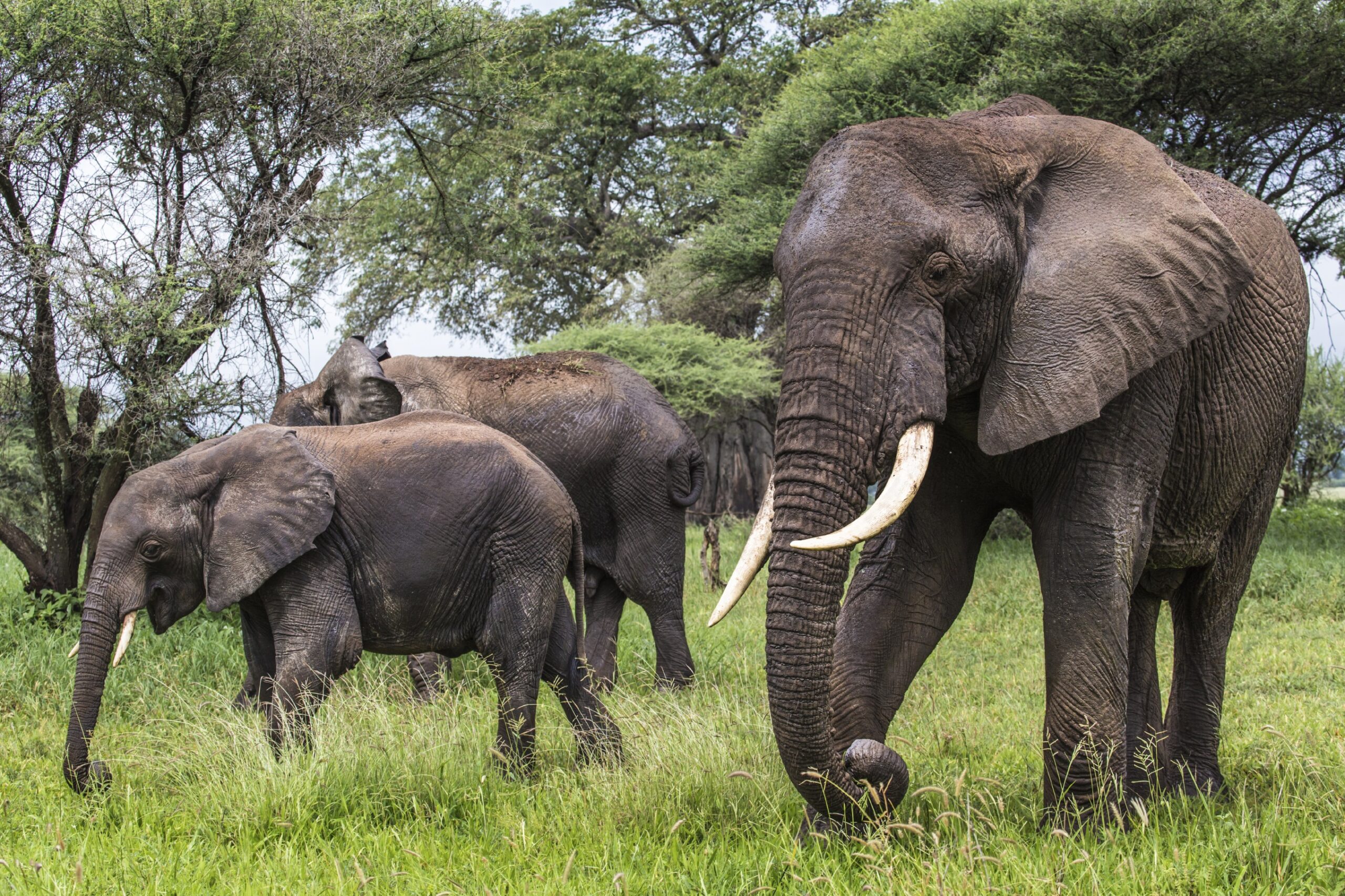
Last Saturday, Kenya’s President Uhuru Kenyatta set fire to more than $170 million worth of illicit wildlife goods: 11 pyres of ivory tusk and one of rhino horn.
The ceremony was intended to discourage poaching and make clear that the illegal trade of elephant ivory and rhino horn would not be tolerated. “From a Kenyan perspective, we’re not watching any money go up in smoke,” Kenya Wildlife Service Director General Kitili Mbathi said. “The only value of the ivory is tusks on a live elephant.”
Unfortunately, the burn could have the exact opposite effect: by destroying stockpiled elephant ivory and rhino horn, the black market prices of these products could actually rise. If this happens, poachers will have an even stronger incentive to illegally kill elephants and rhinos.
In a similar event last year, the U.S. Fish and Wildlife Service pulverized a ton of illicit ivory in the middle of Time Square. “Today, we are not just crushing illegally poached ivory; we are crushing the bloody ivory market,” said Cristian Samper, president of the Wildlife Conservation Society.
But that didn’t happen. Instead, the illegal ivory trade continued unabated, with rhino poaching last year breaking previous records and elephant numbers falling precipitously, particularly in central Africa.
This begs the question, why are wildlife agencies continuing to destroy stockpiled horn and ivory?
According to wildlife trade expert Michael t’ Sas-Rolfes, “… the architects of this event think they can repeat the performance of the Kenyan government, which famously burned a pile of ivory (and rhino horn) back in 1989.” That original burn, which preceded global awareness of the poaching epidemic and subsequent passage of an international trade ban, helped to stigmatize the use of ivory products in the West and thus reduced consumer demand.
With a trade ban currently in place and Asian consumers still buying illegally harvested elephant ivory and rhino horn, there is little reason to believe that reducing the supply will have any effect on demand. Although intended to send out a message that poaching is unacceptable, the destruction of ivory and rhino horn may send out a different message to the market: that these products are increasingly scarce and worthy of speculative investment.
Much like the war on drugs, the war on wildlife trade is doomed to failure because it ignores basic economic incentives. Indeed, it gets them completely backwards. By raising the price of illegal wildlife products to astronomical levels, the trade ban all but guarantees poaching will continue. Compare the black market price of rhino horn, approximately $30,000 per pound, to the per capita income in Kenya, $1,300 per year. No grandiose gestures or demonstrations against poaching will alter that risk-reward calculus.
Rather than trade bans and ivory burns, what is needed to curb poaching are clearly defined and secure property rights to the endangered species and their habitats. Wildlife in most African countries are publicly owned, meaning in essence they are owned by no one individual. But in the African countries that embrace property rights and allow communities to profit legally from wildlife, namely South Africa and Namibia, populations are booming. Elsewhere, they are in a free fall.
Property rights and legal trade help protect imperiled species like elephants and rhinos by giving local communities an incentive to invest in their conservation. When those communities profit from wildlife tourism and trophy hunting, as they do in South Africa and Namibia, they tend to view the animals as assets rather than liabilities. Consequently, they have a reason to invest in habitat and protect the animals from poaching.
If the Kenyan and U.S. governments are serious about protecting elephants and rhinos from extinction, they should stop destroying ivory and, instead, allow it to be traded legally.
On alternating Mondays, PERC’s executive director, Reed Watson, will bust a widely-held environmental myth using research by PERC scholars.



